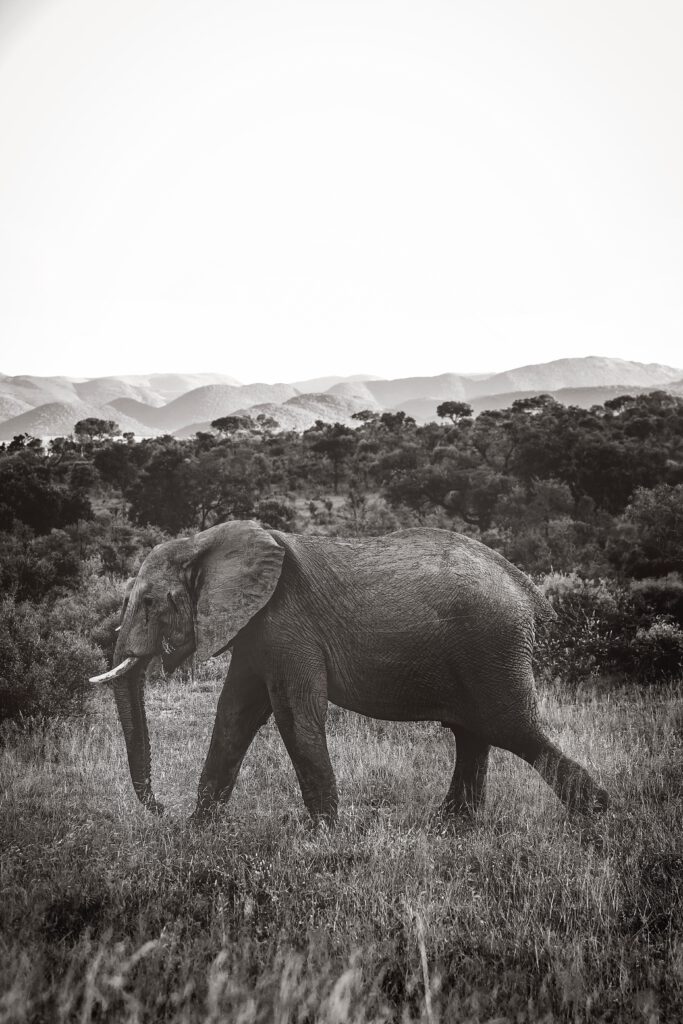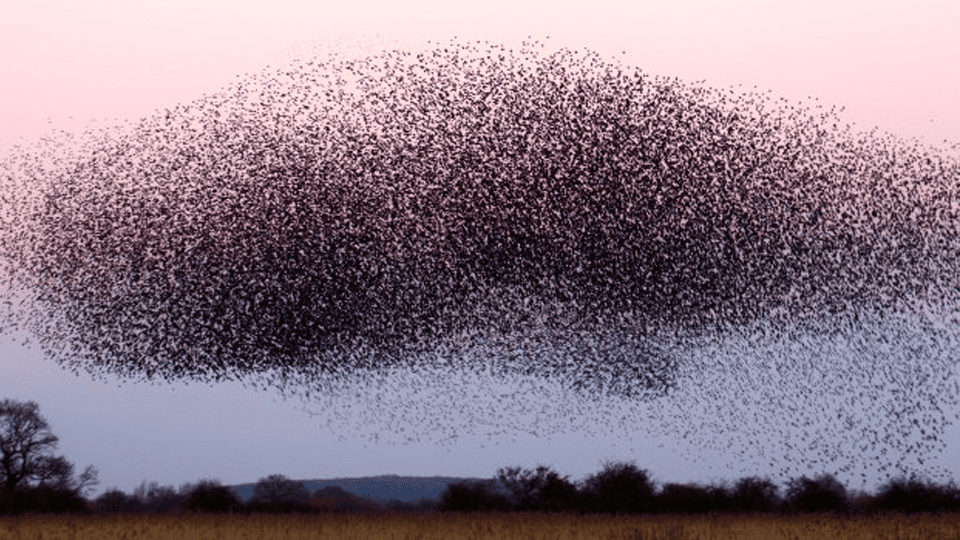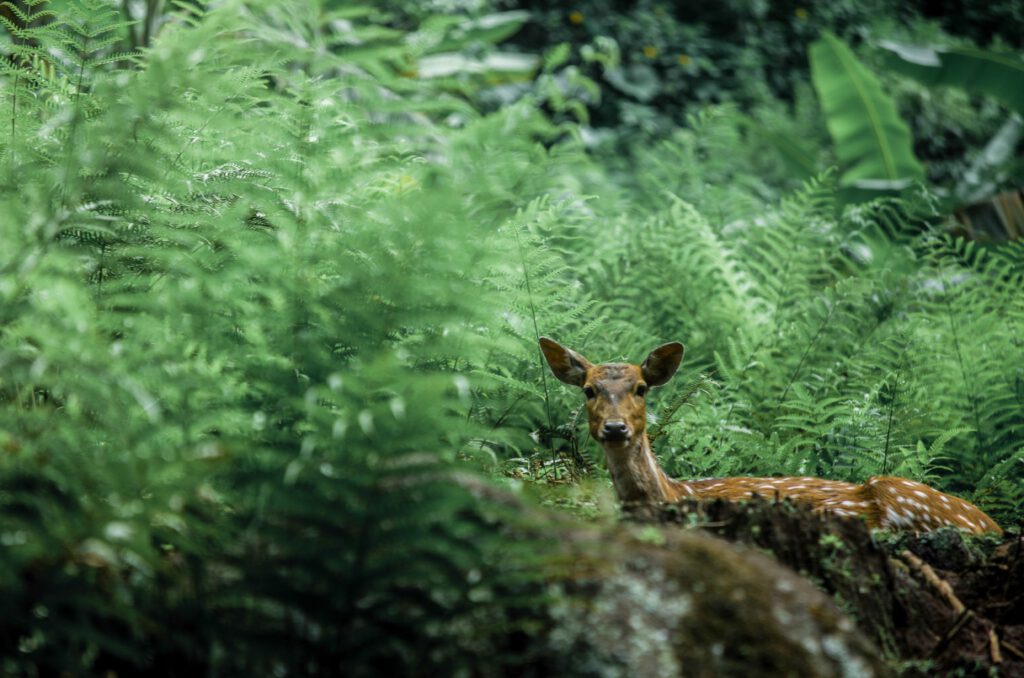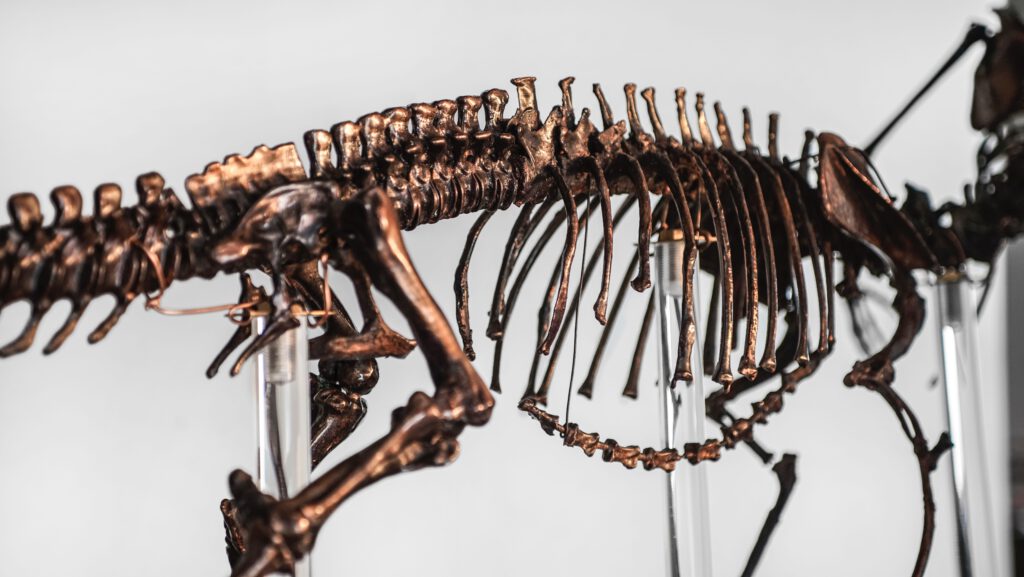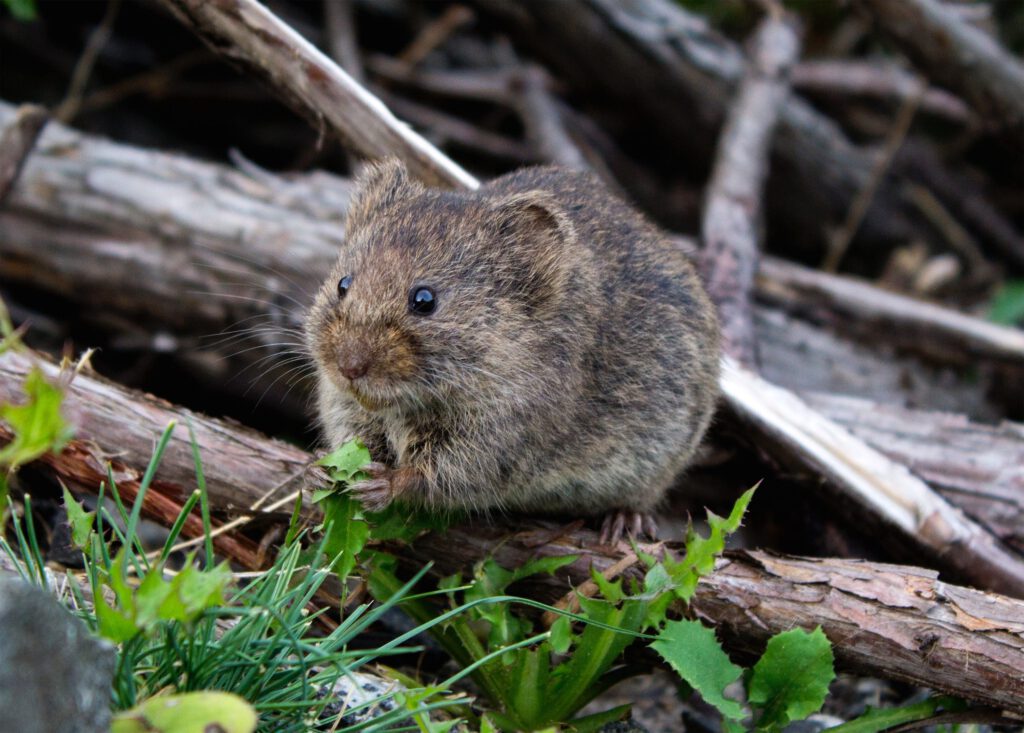Stephen Stearns – Major themes in evolutionary medicine
LERN is delighted to present a talk by Prof. Stephen Stearns, currently Edward P. Bass Professor of Ecology and Evolutionary Biology at Yale University. Prof. Stearns research focuses on evolutionary medicine, life history variation and evolutionary functional genomics, and we are proud to present his talk entitled “Major themes in evolutionary medicine” on May 2nd. The talk is taking place […]
Stephen Stearns – Major themes in evolutionary medicine Read More »


